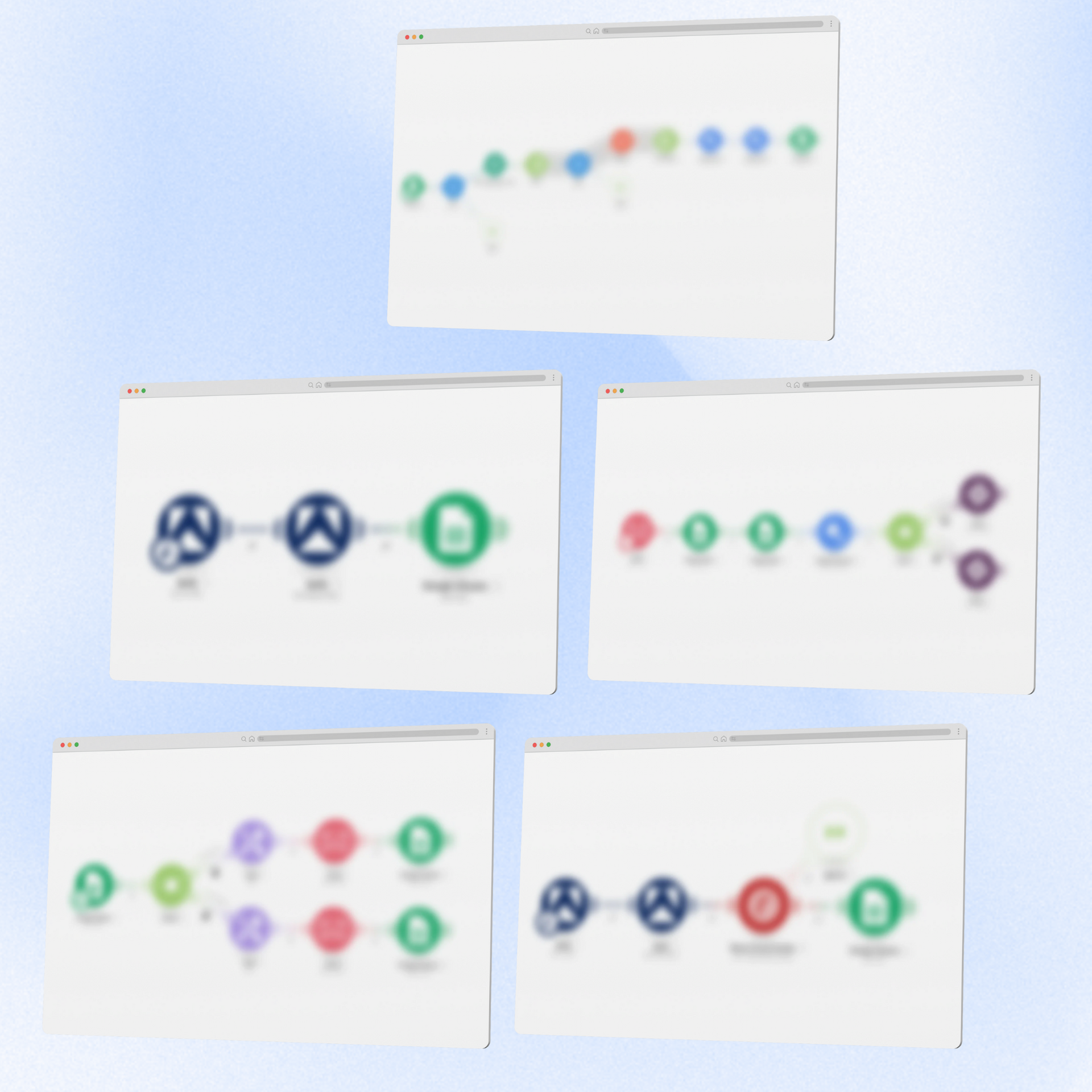
Hey there,
Some massive shifts in AI power happened today.
China's open source AI is beating Silicon Valley at its own game. Apple's secretly building a ChatGPT killer. And AI agents just figured out how to charge for actual results instead of burning investor cash.
Here's what went down.
Become an email marketing GURU!
If you want to attend the world's largest virtual email marketing event, now is the time to reserve your spot.
The GURU Conference will feature big names like Nicole Kidman, Amy Porterfield, Lance Bass (for real!), and 40+ More!
It’s two epic days packed with everything email marketing. 100% Free. 100% virtual. Join us Nov 6–7th.
Spots are limited!

1. Alibaba's Qwen3-Omni Tops Global AI Rankings
Alibaba's new Qwen3-Omni just became the most popular AI model on Hugging Face, beating every closed system from OpenAI and Google. This multimodal system unifies text, images, audio and video in one model, marking the first time a Chinese open source AI topped global rankings. Alibaba's models now hold five of the top ten spots on Hugging Face's trending list. The stock jumped 4.14% in Hong Kong as Qwen3 expanded into a family of models handling everything from text to visual capabilities, all while staying completely open source.

2. Apple Secretly Tests 'Veritas' ChatGPT Clone for New Siri
Apple built an internal ChatGPT-like app called Veritas to test their massive Siri overhaul coming in 2026. The app lets employees test features like searching personal data and editing photos with AI, all powered by their new Linwood system combining Apple's own models with third-party tech. But here's what happened: the original launch failed with features breaking one third of the time, forcing leadership changes and delays. Veritas works like other chatbots but stays internal only, as Apple uses it to fix Siri's long-standing problems with complex queries.

3. Billion-Dollar Infrastructure Deals Power the AI Boom
The AI infrastructure arms race is reaching insane levels with $3 to $4 trillion expected by decade's end according to Nvidia CEO Jensen Huang. Microsoft's original $1 billion OpenAI investment in 2019 kicked off the boom, growing to $14 billion mostly in Azure cloud credits. Oracle landed a $300 billion compute deal with OpenAI starting in 2027, briefly making Larry Ellison the world's richest man. Meta's spending $600 billion on US infrastructure through 2028 including a 5-gigawatt Louisiana data center powered by nuclear energy.

4. AI Agent Startup Paid Raises $21.6M for Results-Based Billing
Manny Medina's new startup Paid just raised $21.6 million seed funding led by Lightspeed, reaching over $100 million valuation without even hitting Series A. The company doesn't make AI agents but created infrastructure letting agent makers charge based on actual value delivered, not just usage fees or subscriptions. Here's the reality: 95% of enterprise AI projects have no value according to MIT research, and companies won't pay for AI that produces worthless output. Early customer Artisan uses Paid's system to charge for real results instead of burning through credits on failed attempts.

5. Illinois Bans AI From Providing Therapy Services
Illinois just became the first state to ban AI from making mental health decisions or providing therapy, joining Nevada and Utah in restricting AI chatbots in clinical care. The Wellness and Oversight for Psychological Resources Act allows AI for admin tasks but prohibits therapeutic decision-making after an AI therapist recommended meth to a fictional recovering addict. Governor Pritzker signed the law to protect patients from unregulated AI products following warnings that algorithms lack empathy and clinical oversight for safe treatment. Companies violating the ban face $10,000 fines enforced by the state's Department of Financial and Professional Regulation.

6. AI Becomes 'Reflexive' as Companies Stop Asking Whether to Use It
Companies have hit the point where using AI became reflexive, meaning workers reach for it automatically without thinking, just like email or search. Organizations stopped asking "should we use AI here?" and instead treat it as the default first step for any task. The shift from conscious decision to automatic reflex marks AI crossing from experimental tool to core business infrastructure. This reflexive adoption means AI isn't competing with human workers anymore but becoming the baseline expectation for how work gets done.

Want to Get More Done Faster?
You read about AI every day here.
But you're still moving at the same pace as everyone else.
I just launched Zephyr Elite - where I teach you to get more done faster with AI and automation.
Master AI prompts that deliver exactly what you need. Automate any repetitive task with Make and n8n. Build workflows that work while you sleep.
Get 20+ hours back every week while your competitors stay stuck in slow mode.
How would you rate today's newsletter?
Stay tuned for more updates, and have a fantastic day!
Cheers,
Zephyr





